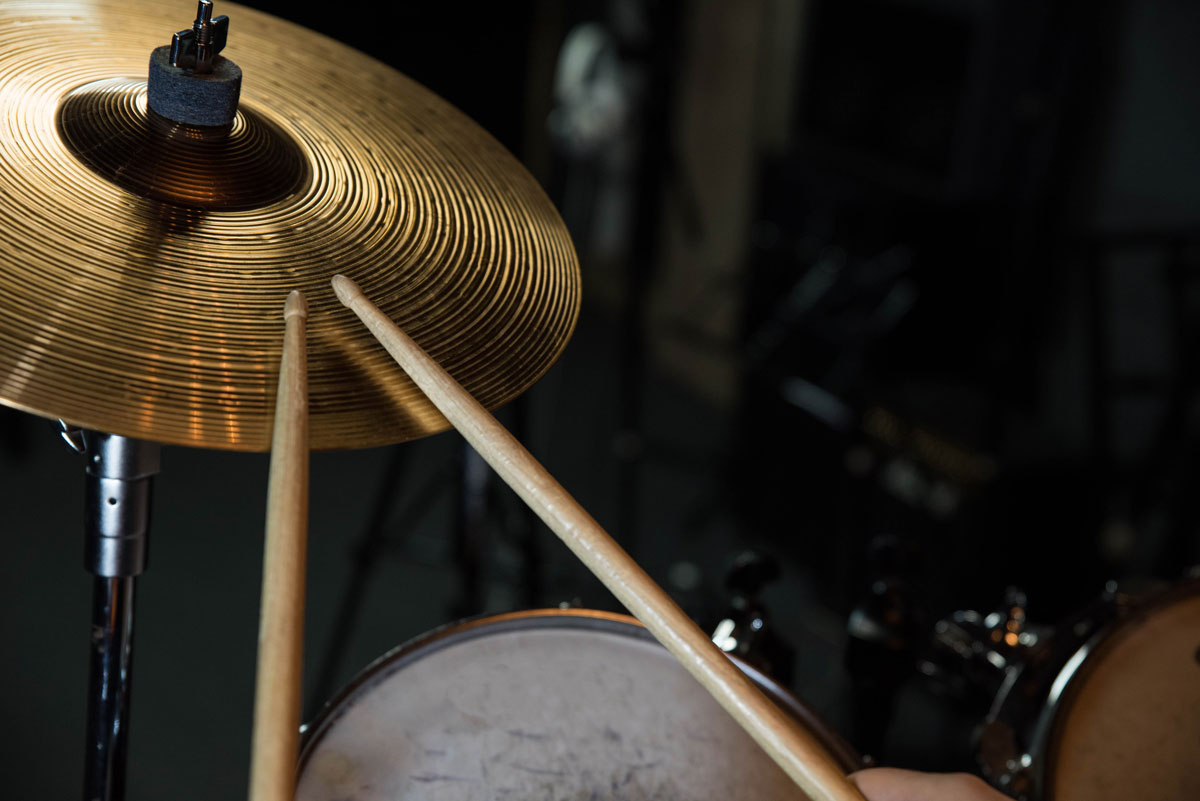
How does copyright work?
This is an important question for any aspiring producer or musician to consider. Drum samples are a key element of modern music production, and understanding the copyright laws surrounding them is essential when it comes to creating original tracks. To answer this question, we need to look at how copyright works in relation to drum samples.
What's your location?
First, it’s important to note that the copyright laws surrounding drum samples will depend on where you are located. Different countries have different laws when it comes to copyright and usage of copyrighted material, so make sure to research the relevant local laws before beginning any project.
The concept of copyright
In general, most countries recognize the concept of copyright, which states that the creator of a work (in this case, a drum sample) has the exclusive rights to it. This means that if you use someone else's drum sample without permission or payment, then you are infringing on their copyright. As such, it is important to make sure that any samples used in your production are either royalty-free or that you have obtained the necessary licenses from the copyright holders.
Moral rights laws
It is also important to note that even if a drum sample is not copyrighted, it may still be subject to moral rights laws. Moral rights laws are designed to protect creators and their work, and they vary between countries. In general, these laws provide creators of original works with certain protections, such as the right to be attributed as the creator of their work and the right to prevent others from using it without permission.
Trademark laws
In addition, drum samples may also be subject to trademark laws. A trademark is a form of intellectual property which protects symbols, words and images associated with a product or service. Trademark laws vary between countries, but in general they will prevent others from using a trademarked symbol or phrase without permission. As such, if you plan to use drum samples which include words or images associated with a particular product or service, then it is important that you obtain the necessary permissions and licenses.
Conclusion
In conclusion, it is important to remember that the laws surrounding the use of drum samples will vary depending on where you are located. In general, it is important to obtain the necessary permissions and licenses before using any copyrighted material in your production. It is also important to remember that even if a sample is not copyrighted, it may still be subject to moral rights or trademark laws, so make sure to research these laws before beginning any project.
By understanding the different copyright, moral rights and trademark laws associated with drum samples, you can ensure that you create original tracks without infringing on anyone else's intellectual property rights. This will allow you to create music which is both unique and legally sound.
Macdrum.com
All our drum samples at Macdrum.com, once purchased and downloaded are fully royalty free for you to use in your music projects. For more information please read our terms and conditions.
References:
- U.S. Copyright Law – https://www.copyright.gov/title17/
- Moral Rights Laws Around the World – https://www.worldtrademarkreview.com/magazine/issue-4-2019/moral-rights-laws-around-the-world
